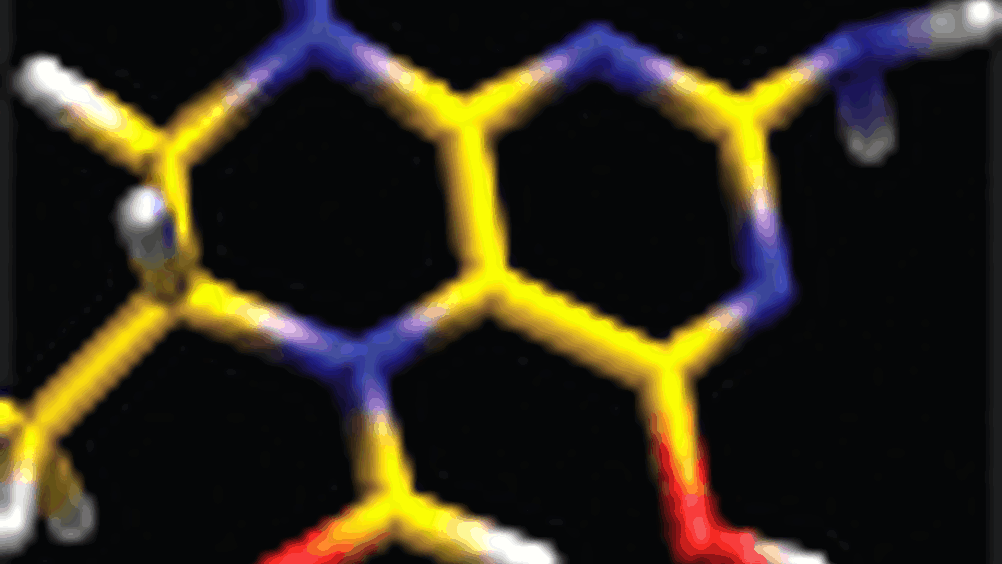Target practice

A research grant for £2m to aid the development of pioneering drug delivery treatment for cancer and gene therapy has been awarded to the universities of Dundee and
The announcement follows preliminary research undertaken over the past year. The universities achieved a breakthrough in 2005 in understanding how cancer cells can be targeted and destroyed by a single pulse of ultrasound energy using a 'sniper rifle' approach.
Dr Paul Campbell at
's division of electronic engineering and physics explained that microbubbles, which measure about three microns, can be injected intravenously to boost ultrasound signals. When ultrasound is applied to microbubbles they are disrupted, causing small perforations in the target cells, which release the drugs and genes that are contained in their encapsulating layer.
Medical potential
Depending on the ultrasound intensity, these effects can be temporary and the cell will re-seal itself, locking in the drug. But if the intensity is increased the cell can be killed outright. Hence it is useful for cancer treatment and one reason why the technique holds such potential for future medical applications.
Register now to continue reading
Thanks for visiting The Engineer. You’ve now reached your monthly limit of news stories. Register for free to unlock unlimited access to all of our news coverage, as well as premium content including opinion, in-depth features and special reports.
Benefits of registering
-
In-depth insights and coverage of key emerging trends
-
Unrestricted access to special reports throughout the year
-
Daily technology news delivered straight to your inbox










UK Enters ‘Golden Age of Nuclear’
The delay (nearly 8 years) in getting approval for the Rolls-Royce SMR is most worrying. Signifies a torpid and expensive system that is quite onerous...